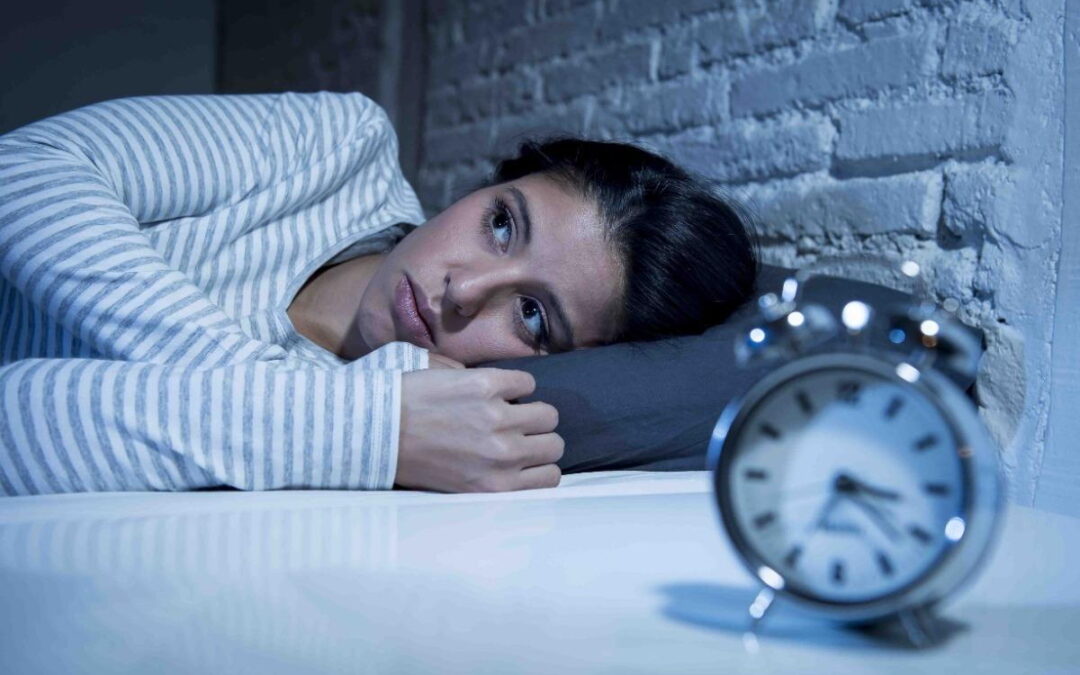Sleep is absolutely critical to healing. Some naturopathic doctors consider sleep as more important than even nutrition. That is why we address it so early on in the program.
While we sleep, our body does the most detoxification of the entire 24 hour period. Not only are we fasting but we are also using little metabolic energy, so most of our energy can be used to detoxify. There’s even a system called the glialymphatic system, the lymphatic drainage of your brain, that swells during the day and drains at night while we sleep. Without proper sleep, healing will be stifled.
While sleep comes easily to certain people, there are techniques that we should practice for proper sleep hygiene. If you follow these techniques, you will heal much faster with more energy and vitality than you have felt before.
Like anything that we recommend through this program, developing a sleep routine takes awareness and intentionality. Many people are used to working into the evening, working out, taking care of their kids, making dinner, walking the dog, doing laundry, and doing many other tasks and chores that they couldn’t fit into their day. Alternatively, some are so wiped out from their busy day that they just want to eat ice cream in bed and binge watch Netflix shows.
Sleep is critically important to healing, as is routine. When your evening is chaotic and unconscious, this energy will carry into your next day, preventing you from getting into a routine that allows for deep healing.
The first step to changing your sleep routine is becoming aware of your current sleep routine, and how it can be improved. Then make a plan. Set an intention. If you live with a roommate or partner, explain to them your intentions with developing a new sleep routine. Work together so you can improve the sleep routine for everyone you live with. Then implement the changes one by one. You don’t have to do everything overnight, literally. Set your intentions and implement them at a pace that works for you.
Light Hygiene
Your circadian rhythm is an internal physiological process that regulates your sleep-wake cycle for 24 hour intervals. This incredible phenomenon is evidence that are bodies are evolved in harmony with the Earth’s cycles, which should come as no surprise. In order to sync your circadian rhythm, use only low lights at home after sunset. Ideal lights are candle light or Himalayan salt lamps, which cast a soft warm glow. In the morning, try to expose yourself to early morning sunlight.
Blue light is a light wavelength that is identical to daylight. When blue light hits our retinas, it suppresses melatonin production as a natural consequence of our circadian rhythm. As blue light diminishes, our melatonin production increases. All of our screens from our computers, phones, and televisions, as well as fluorescent light bulbs in office buildings, cast blue light. If we are exposed to blue light after bright daylight hours, it will diminish our melatonin production and affect our sleep.
Make sure your phone is set to Night Shift if this feature is available, which decreases blue light emissions, giving your phone backlight a soft orange glow. Download f.lux, a blue light blocking app, for your computer. Even better, get yourself a pair of blue light blocking glasses and put them on after sunset.
Sleep Sanctuary
Creating a Sleep Sanctuary
When you sleep, there should be no lights on in your room. Even night lights and alarm clocks can be disruptive to sleep. Turn off the lights and close the blinds. Invest in blackout curtains if necessary to block out the streetlights. You can also invest in an eye mask for an easy solution. Most people also sleep better when the air is slightly cooler, mimicking the natural temperature drop at night.
When your phone is on, it is constantly emitting electromagnetic frequencies to connect to satellites and phone towers to retrieve incoming calls and information. When your phone is by you when you sleep, this disrupts your nervous system waves that create high quality sleep. The reality is that most of us have our phones on us the entire day. Give yourself a break at night. At least turn your phone on airplane mode when you sleep (your alarm will still work). Even better, put it outside your bedroom, especially if you still need to receive calls at night. You may notice your dreams improve immediately after making this simple change.
Your bedroom has two primary functions: sleep and sex. Try to keep to these priorities. Don’t use your bedroom for stimulating work. Then your nervous system will associate the space with work instead of a place for rest and rejuvenation. We highly recommend taking your TV out of your bedroom, and not watching TV right before bed.
3-2-1
3-2-1 Sleep Routine
3-2-1 means
- no eating 3 hours before bed
- no work 2 hours before bed
- no screens 1 hour before bed
When we eat right before bed, this can affect our blood sugar, causing a dip in the middle of the night that wakes us up. While some people do better with a fat and protein rich meal before bed, most people will benefit by eating away from dinner. This will also allow your body to process your food overnight more effectively, for better nighttime detoxification.
So many of us are used to crushing work at any time during the day, or doing stimulating activities right up until bedtime, like watching intense TV shows or movies. Nighttime should be a time for relaxing and winding down before sleep. That’s why we recommend no work 2 hours before bed. It’s not a good habit to be catching up on work right before sleep. Save your evenings for time to relax and wind down.
Avoiding screens one hour before bed allows your nervous system to really wind down before bed, instead of watching emotional television shows and exposing your body to unnatural blue light. Instead, do calming activities like reading, journaling, and listening to relaxing music. You can do your castor oil pack in bed for a peaceful way to ease into sleep.

